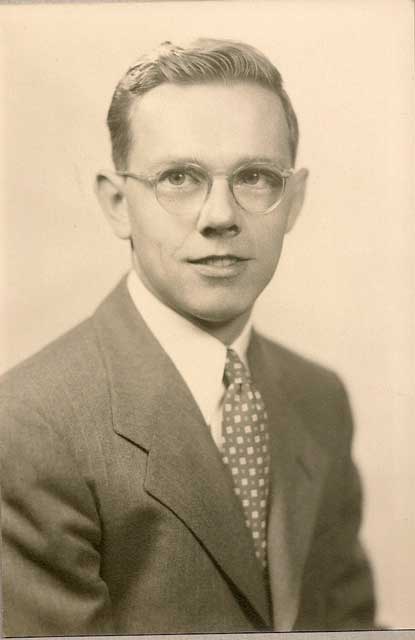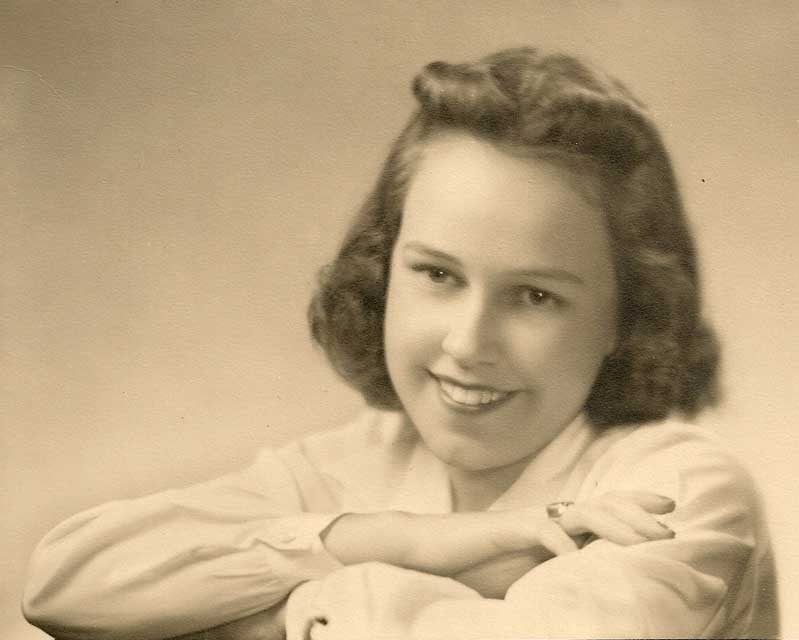

Dutchie Darling……Love, Bob
My parents fell in love and that love
grew and was nourished thru their letters to each other.
The first letter in the series is actually a thank you note from my
father to my grandmother after his first meal at their home in August of 1942.
The next letter, dated April 12, 1943, is where he lays out his heart and
love for her, writing all the things that he couldn’t say out loud.
By this point, he knows that he will be going home to Trenton at the end
of the semester and volunteering for the Armed Forces.
The daily letters begin in May of 1943,
when Bob takes the train to Cape Sable Island, Nova Scotia, to visit his
grandmother and then returns to Trenton to await notice of being called into the
US Army. In some of the early
letters, he writes of his worry of not being accepted.
Bob was almost blind in one eye from congenital condition, known as the
Lazy Eye Syndrome. These early letters
are before they are engaged, however, he had “pinned” Jean, with his fraternity
pin. An active Zeta Psi, he lived in
the fraternity house, while at Tufts.
The letters continue until the end of 1945, when he finally returns from
the war. By this time, they are
married and I am almost one year old. My mother kept every letter that Bob had
ever written her and when those letters came to me at her death, they were
neatly packaged by date in a paper carton.
After reading a few random letters, I realized that the letters were not
only a beautiful set of love notes from a very love struck young man, facing his
own mortality as a soldier, but a rich commentary on life during the 40’s and
the impact of the war effort on his life. There are also some letters from her
to him in spring of 1944, right after they are married.
Additionally there are few letters from his father, Wilbert Patten.
His pet name for her was Dutchie, because
she wore a hat that looked like a Dutch cap the first time
she came to Trenton on the train. He
liked the look and convinced her to use the same style hat as part of her
wedding outfit.
 |
 |
| Bob | Jean (Dutchie) |
© 2013 Patricia Jean Patten Hoge
All rights reserved